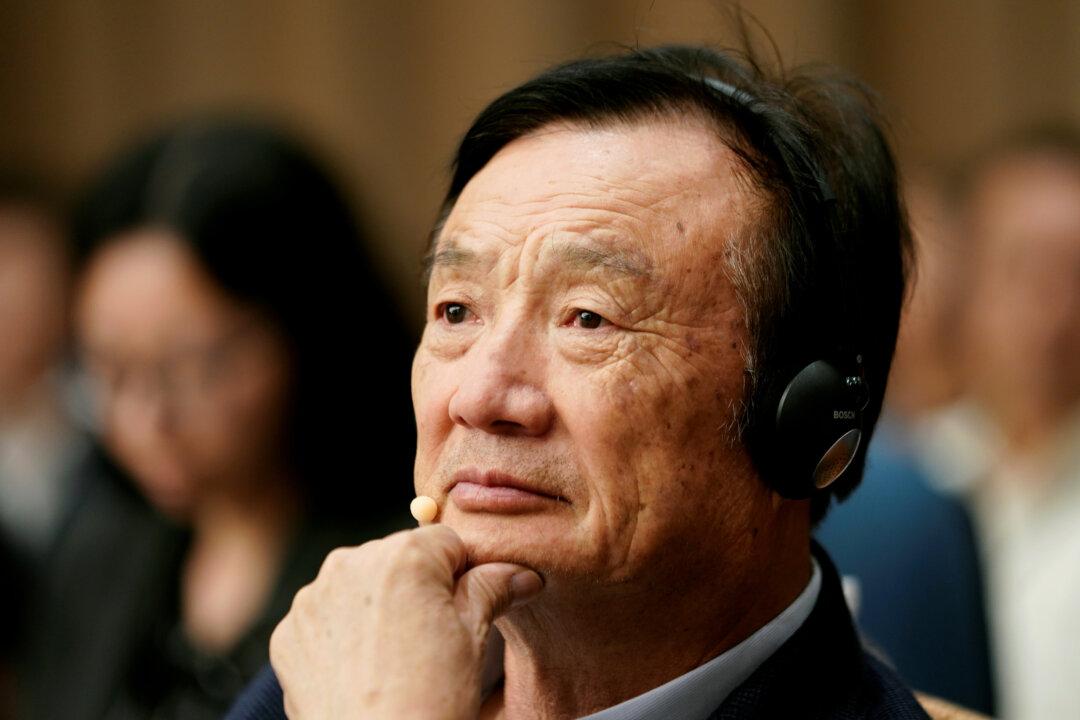HONG KONG—China’s Huawei Technologies has taken a harder-than-expected hit from a U.S. ban, the company’s founder and CEO Ren Zhengfei said, and slashed revenue expectations for the year.
Ren’s downbeat assessment that the ban will hit revenue by $30 billion, the first time Huawei has quantified the impact of the U.S. action, comes as a surprise after weeks of defiant comments from company executives who maintained Huawei was technologically self-sufficient.





